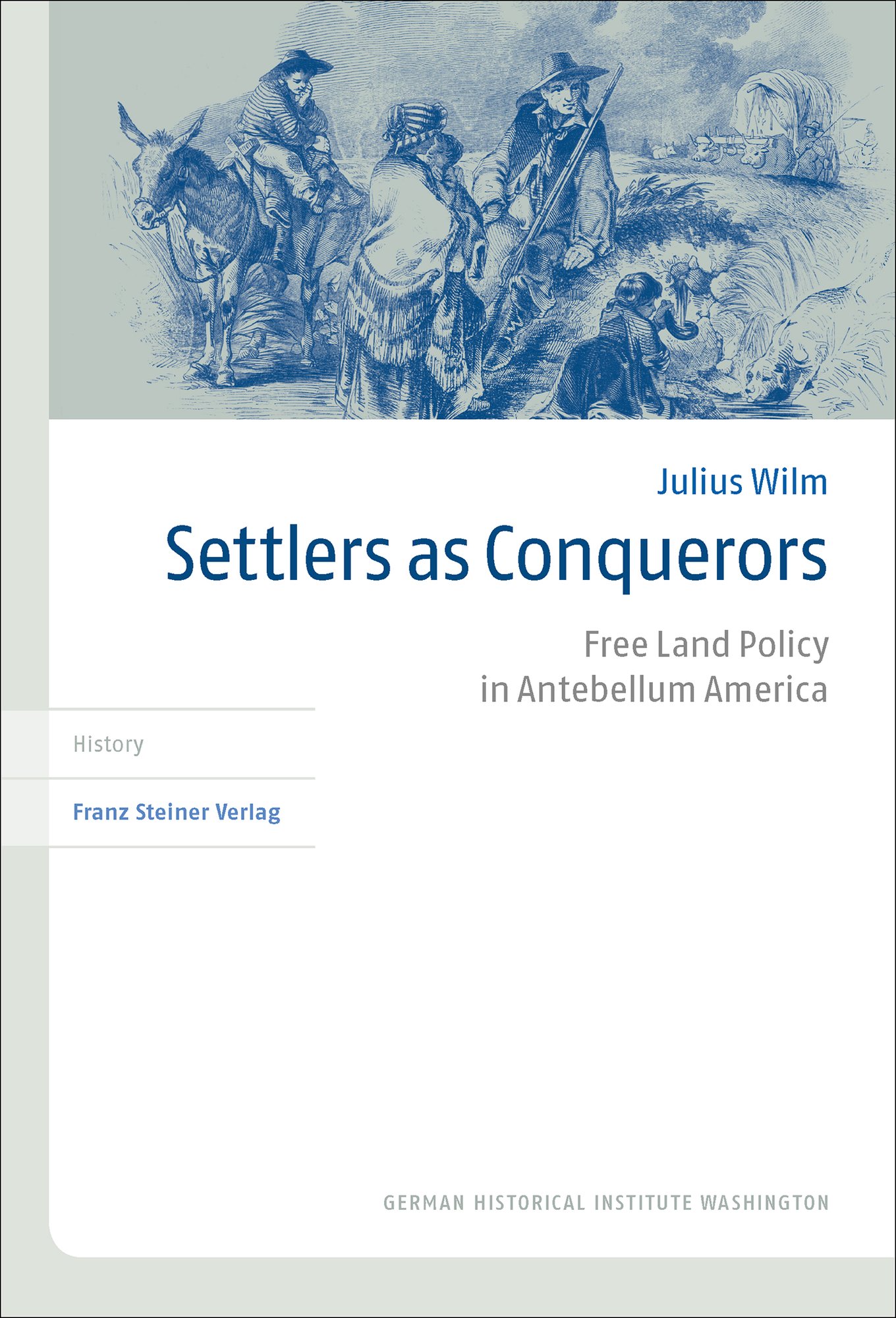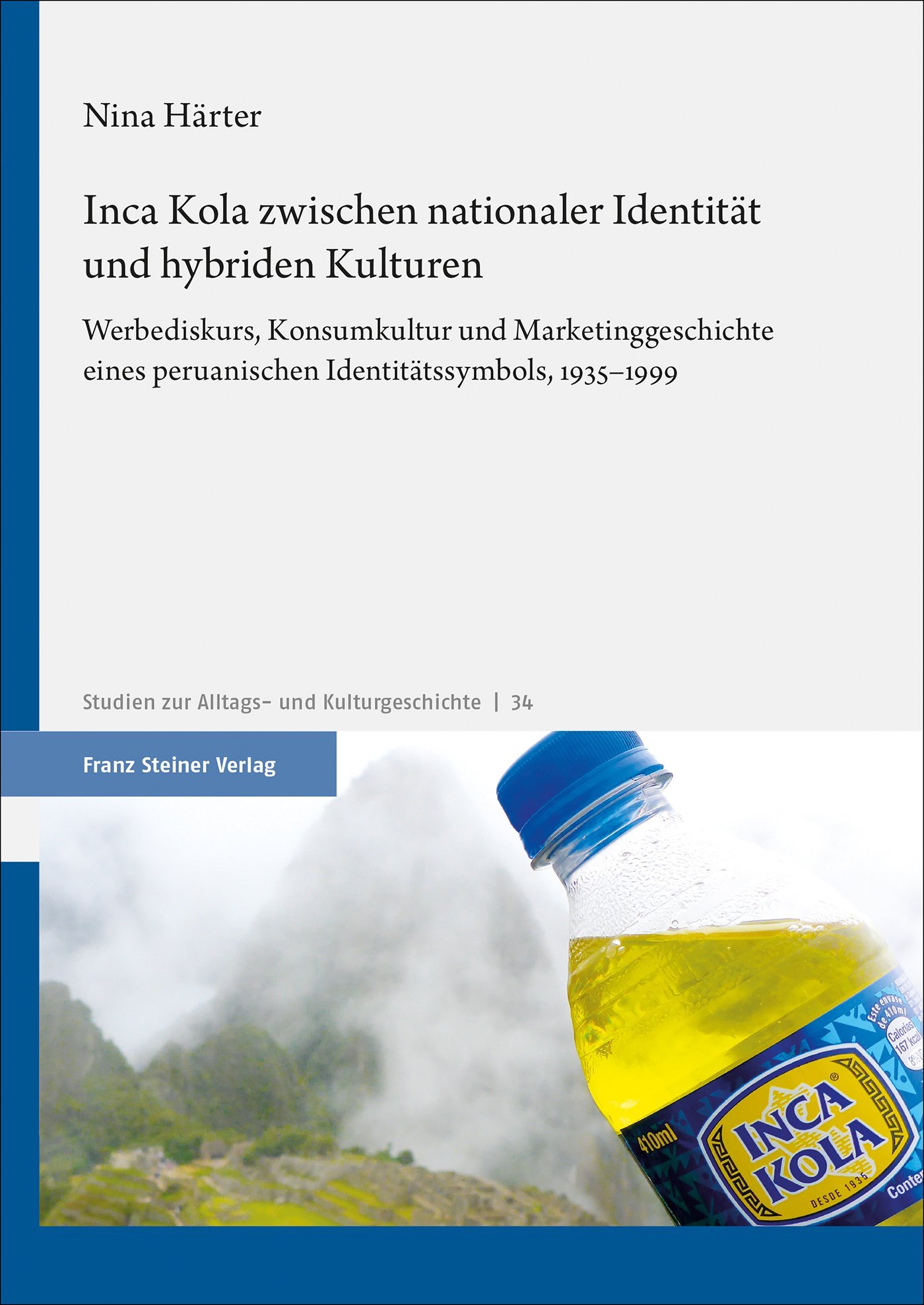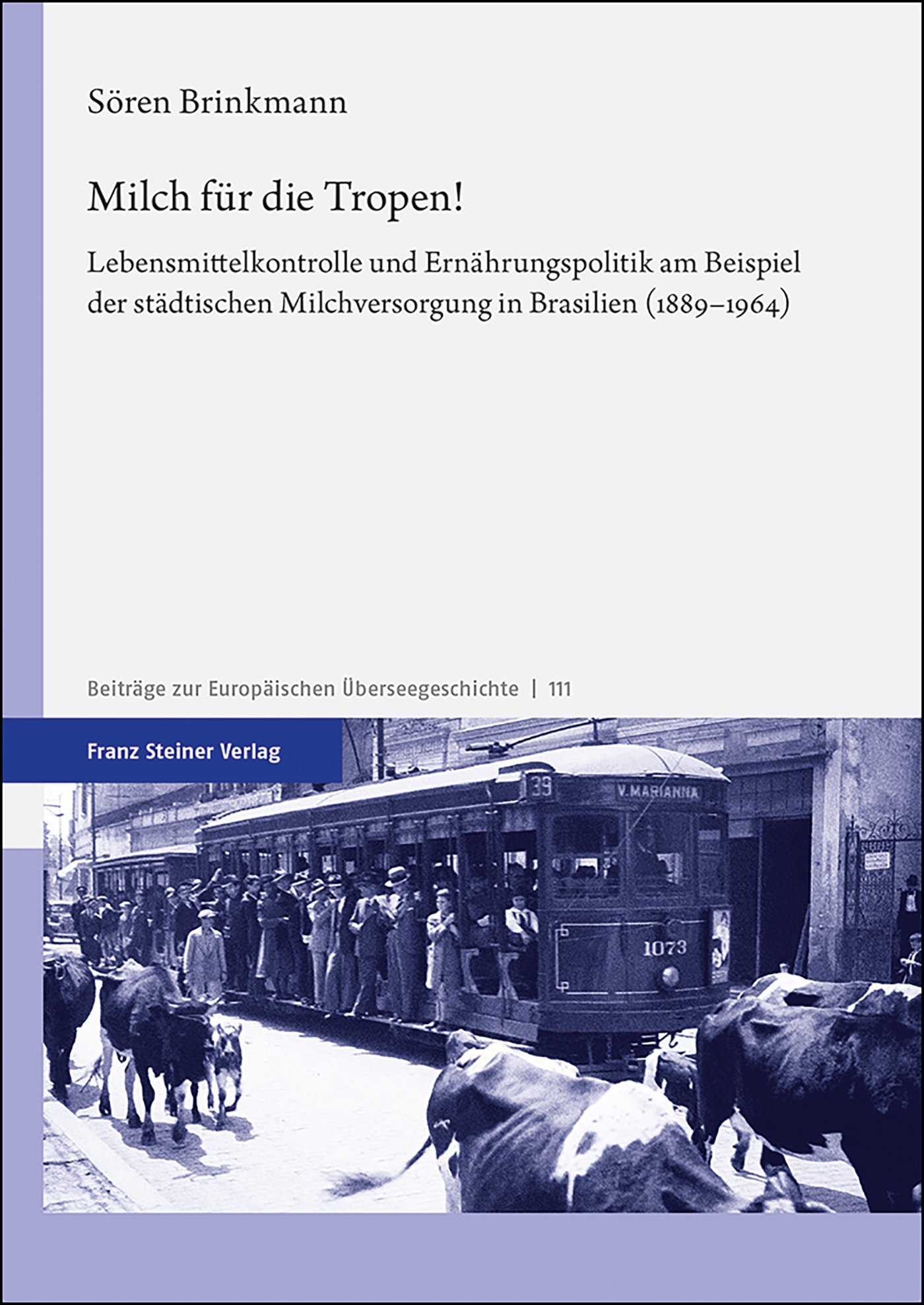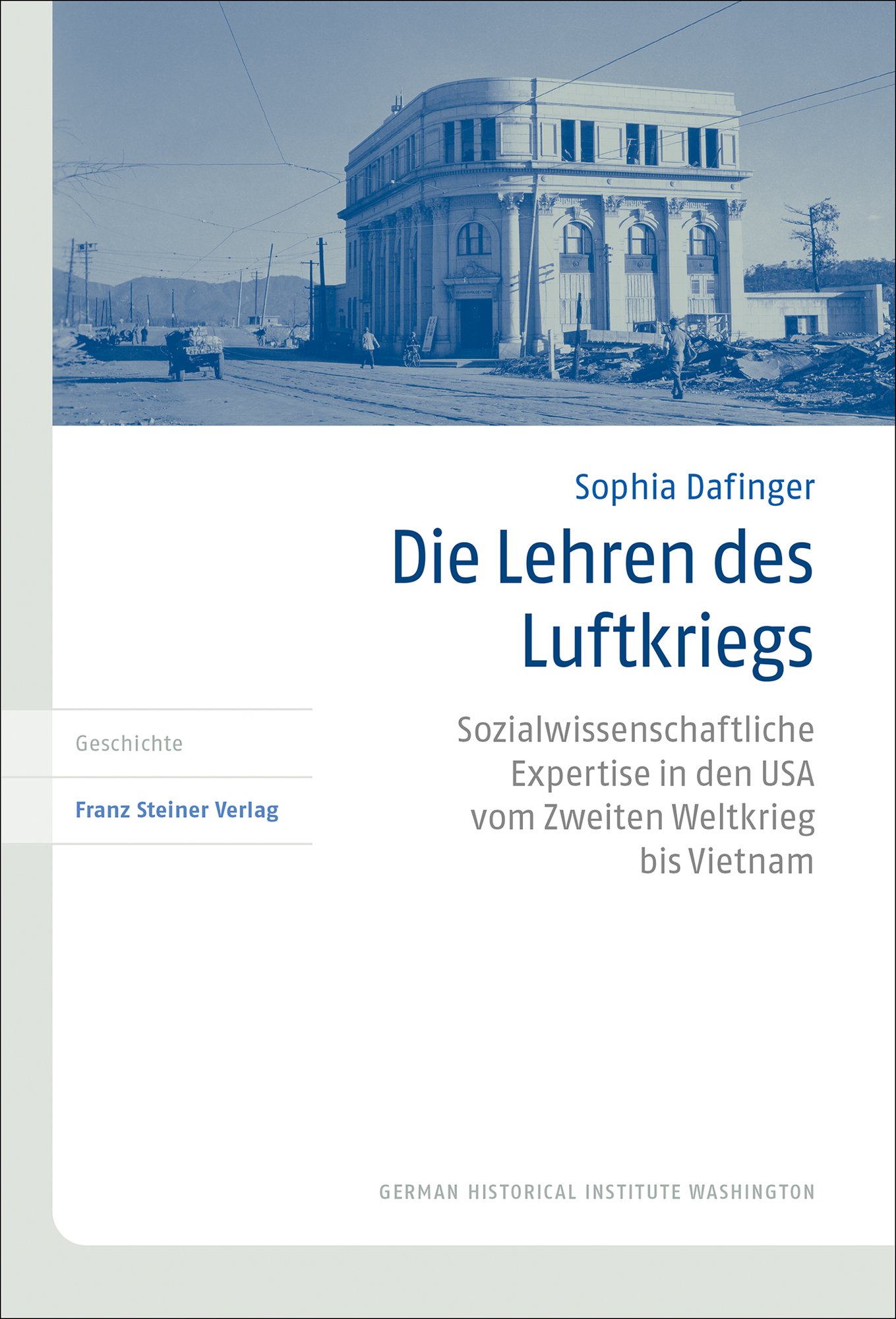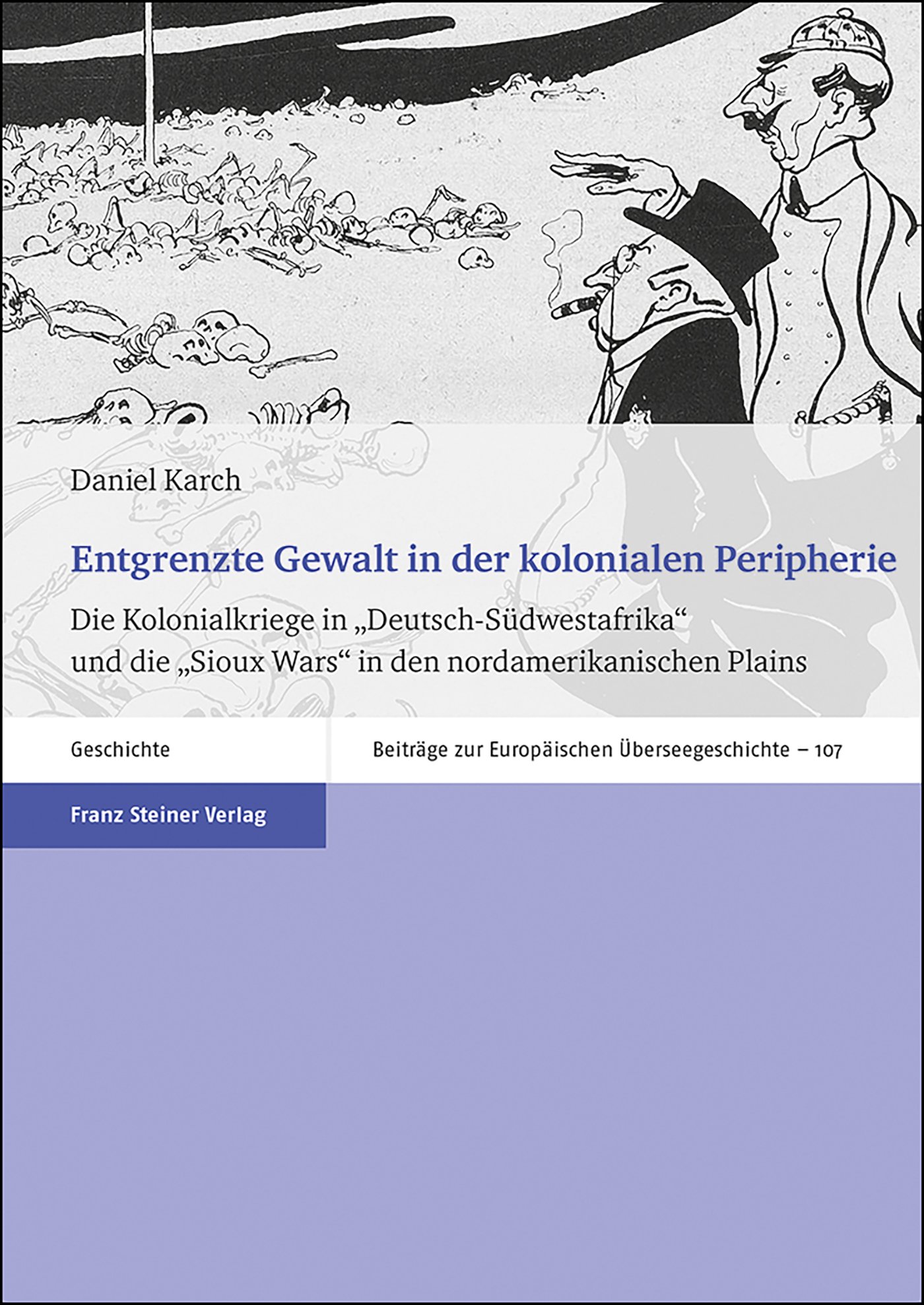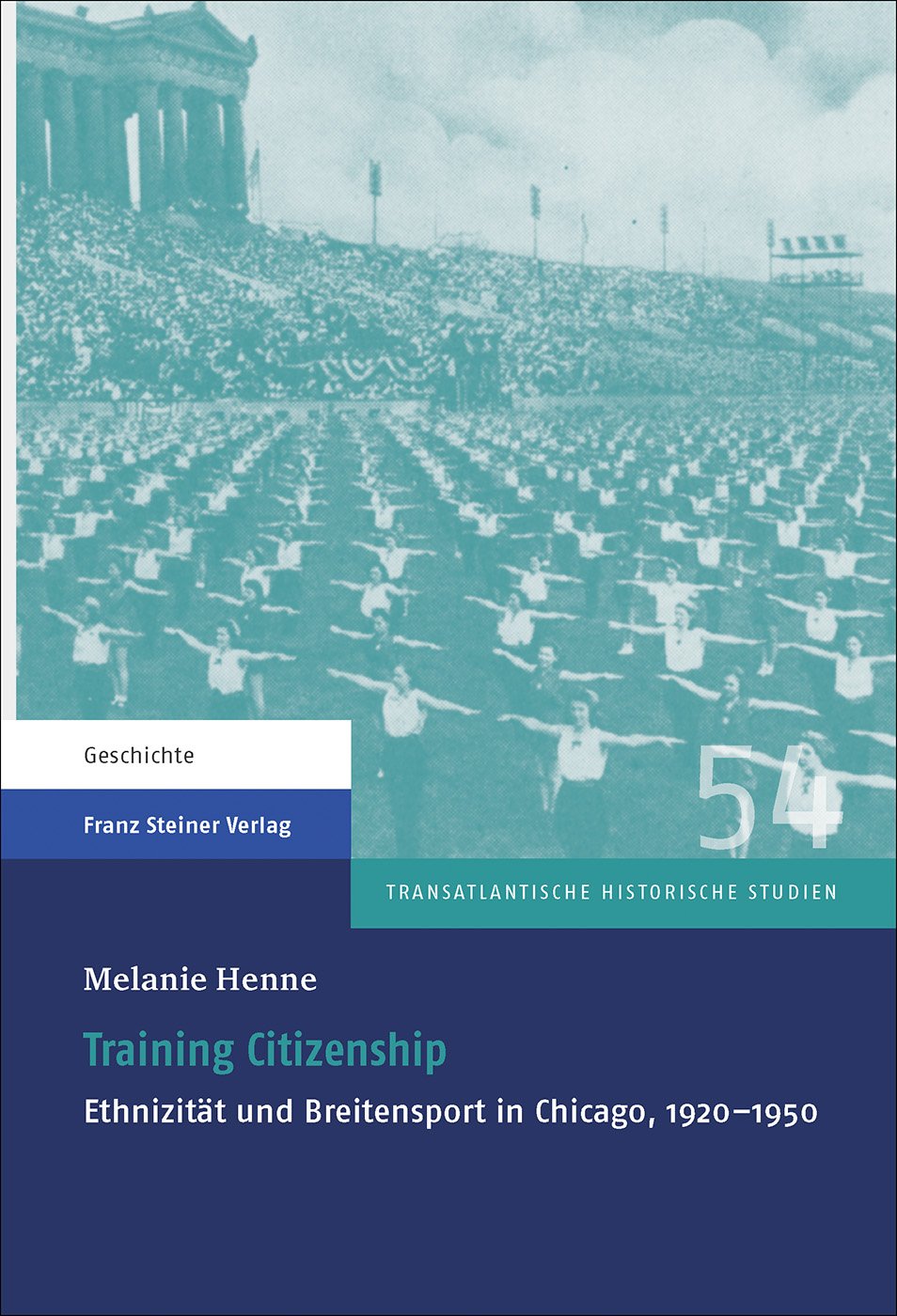Settlers as Conquerors
In early America, the notion that settlers ought to receive undeveloped land for free was enormously popular among the rural poor and social reformers. Well into the Jacksonian era, however, Congress considered the demand fiscally and economically irresponsible. Increasingly, this led proponents to cast the idea as a military matter: Land grantees would supplant troops in the efforts to take the continent over from Indian nations and rival colonial powers. Julius Wilm's e-book examines the free land debates of the 1790s to 1850s and reconstructs the settlement experiences under the donation laws for Florida (1842) and the Oregon Territory (1850). Both laws promised to bring the interests of poorer whites and their government into a more harmonious relation – to the exclusion of African Americans and for the explicit purpose of displacing Native peoples. Drawing on new records, Wilm details the trajectory of settlements and shows how the settler-imperialist experiments fell apart and undermined the rationale of the donation laws. After home seekers fled Florida due to malaria and militias in Oregon triggered uncontrollable violence, settlers came to be seen as unreliable agents of government aims.
"This is the single most detailed exploration of free land in antebellum America. Wilm does a marvelous job exploring the limits of settler colonialism as a framework for settlement in Florida, where it failed. For the case of Oregon, he shows that settler occupation was appealing to federal legislators because it would 'substitute the ax, the plow, and the hoe, for the gun, the sword, and the bayonet.' That the government knowingly held out a promise of free land in order to encourage squatter sovereignty is a most compelling argument."
Amy S. Greenberg, Pennsylvania State University
"This is a skillful study of American proposals for the distribution of free public lands that predated the Homestead Act of 1862. Tracing discussions of land policy in Congress, distribution schemes in Arkansas, Florida, and Oregon, and the actual consequences of these schemes on the ground, Settlers as Conquerors offers both political and social history, showing how 'free land' shaped Indian Removal, settler colonialism, and race in the antebellum American West."
Christopher Clark, University of Connecticut
"Wilm’s sensitivity to the effect of U.S. settlement policies on native peoples is one of the finest features of this book, furnishing a dimension that traditional U.S. land policy studies have lacked."
John R. Van Atta, The American Historical Review, Vol. 125, June 2020
"The essential strength of the book lies in the author´s impressive research and data-driven evidence."
Thomas Richards Jr., The Journal of Southern History, Vol. 86, February 2020
"Julius Wilm’s contribution to this remarkably obscure story is twofold: First, he nuances the intra-White side of the free land debate; and second, he documents its brutal anti-White agenda. […] This book is a model of careful scholarship. It has a tight focus but wide resonance, and it lays out evidence in logical detail. It also exemplifies the value of a fresh look: as a German scholar, Wilm clearly saw how this topic had drifted into the realm of mythology for U.S. historians."
J.M. Opal, The Western Historical Quarterly 51, 2020/1
"extremely valuable comparative history"
Laurel Clark Shire, Missouri Historical Review, Vol. 114, No. 2, 2020
"… an excellent and detailed addition to the history of public lands and deserves a place on the bookshelf of anyone interested in the issue."
Jamie L. Bronstein, Pacific Northwest Quarterly Vol. 110, 04/2019
"The book […] provides useful details of the political mechanics surrounding such policy, including regional alliances of politicians in favor of and against it. It would be quite suitable as content for a graduate level course or seminar on U.S. historical geography."
Michael Yoder, Journal of Historical Geography, 2019
"[a] captivating piece of research"
Hanno Scheerer, H-Soz-Kult, 24.6.2019
| ISBN | 978-3-515-12132-3 |
|---|---|
| Media type | eBook - PDF |
| Edition number | 1. |
| Copyright year | 2018 |
| Publisher | Franz Steiner Verlag |
| Length | 284 pages |
| Illustrations | 39 b/w figs., 23 b/w tables |
| Language | English |
| Copy protection | digital watermark |
